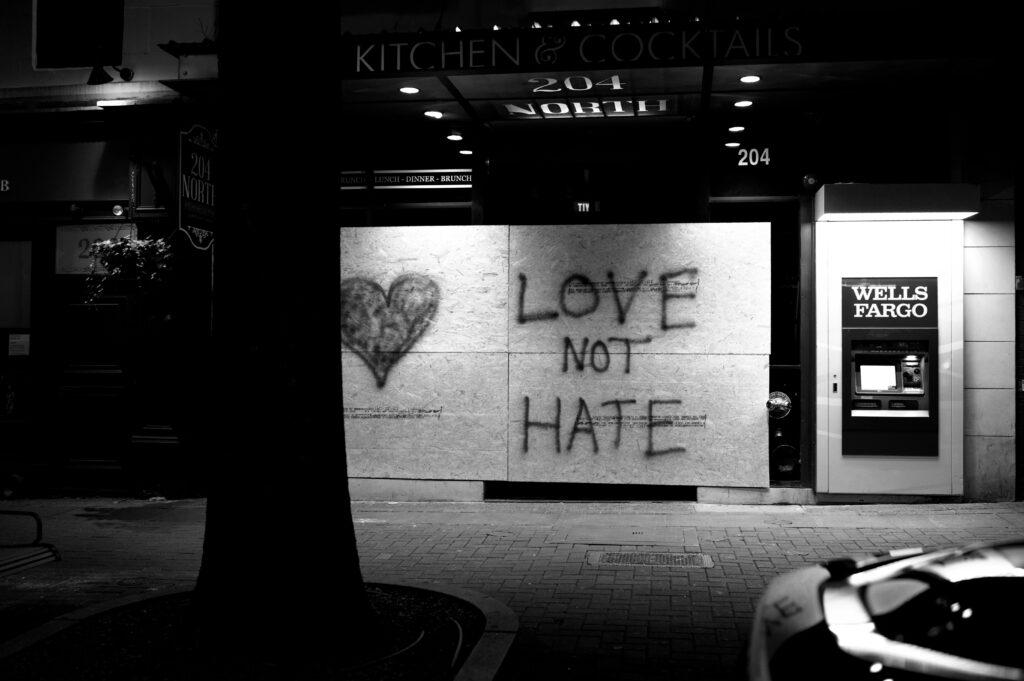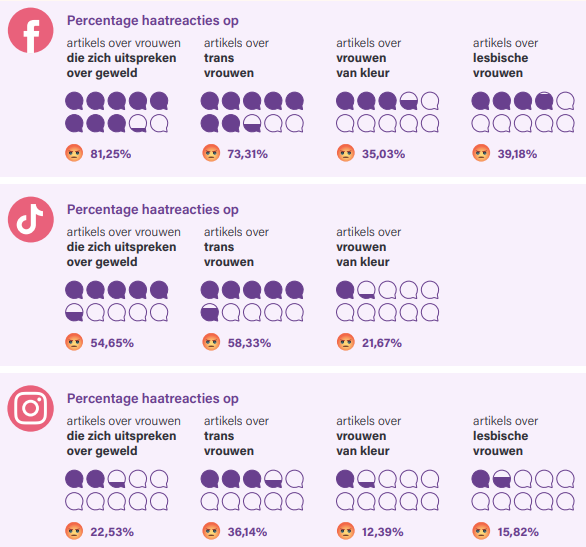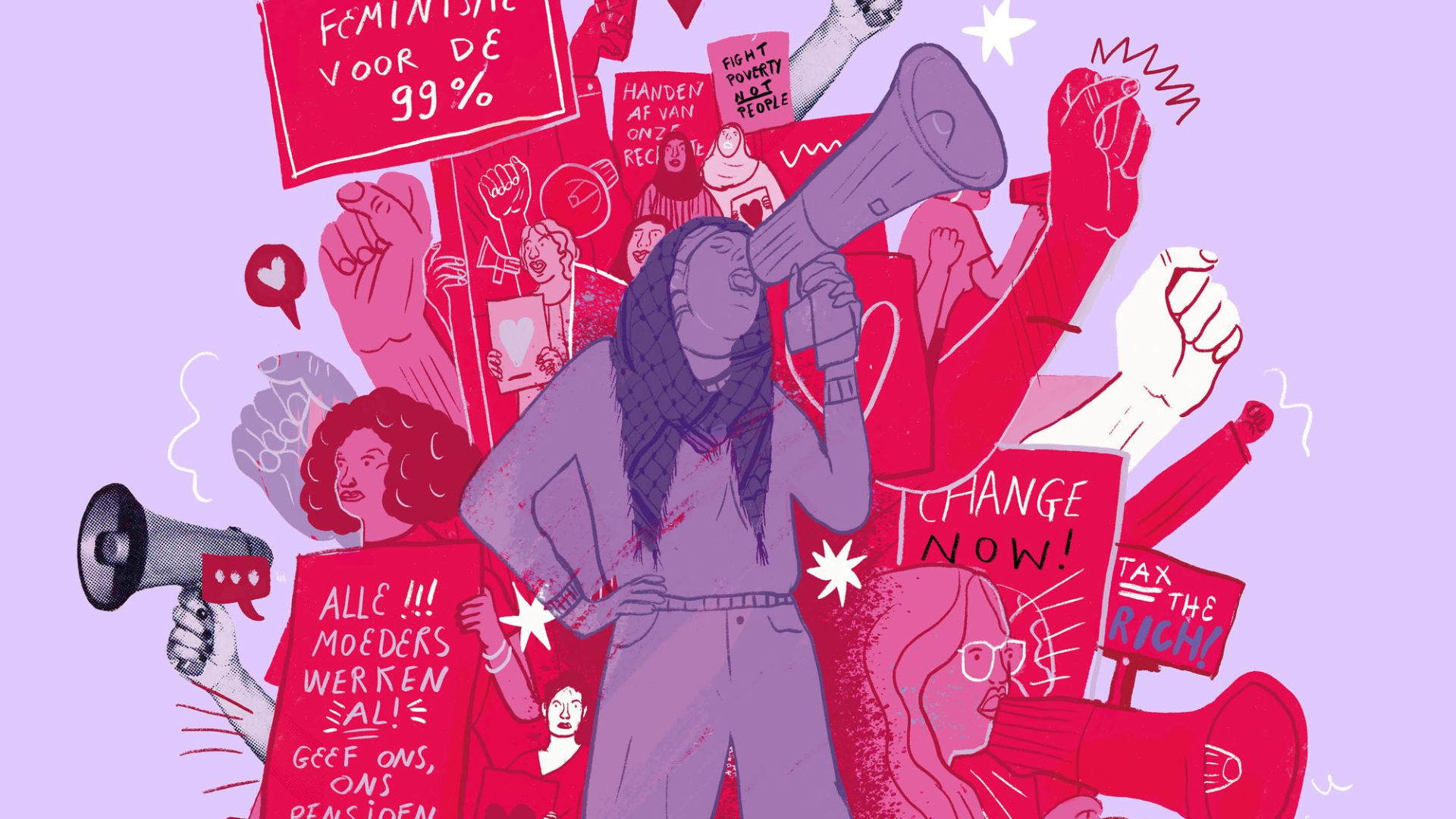Last week, non-profit Furia published a study on online hatespeech directed at women. They analyzed thousands of comments on social media articles from outlets such as HLN and VRT. The results are alarming: hate comments disproportionately target women more than other groups. Women of color, lesbian women, bisexual women, trans women, and women who speak out about sexual violence are particularly affected.

Furia’s Research
You’ve probably seen it before: the comments underneath social media posts can become a true battlefield. Under almost every news article published on social media, you’ll find a barrage of comments expressing a wide range of opinions and statements. The anonymity of the internet often means these are not always respectful or nuanced. Racism, sexism, and homophobia are no exception. Furia dove into the comment sections of various news articles about women, and their findings raise serious concerns.

When a Facebook post features women speaking out about violence, Furia categorizes more than 80% of the comments as hate speech. Women sharing their stories about sexual violence are subjected to accusations of attention-seeking and are bombarded with sexist remarks. When it comes to trans women, over 70% of the comments are classified as hate speech. These women are confronted with a wide range of hateful reactions, including death threats and calls for violence. Women of color face racist remarks (over 35%), and lesbian women are confronted with homophobia (just under 40%). Other social media platforms show similarly staggering numbers.
Lone Wolves or Coordinated Campaigns?
At first glance, social media comments might seem like individual expressions. However, research shows that comment sections on social platforms are more politicized than we think. Last year, Kifkif, Sankaa vzw and Hand in Hand vzw published a report showing that social media is often used systematically by specific political movements to push certain ideologies or maintain existing power structures. Women, queer people, and people of color are targeted, with the aim of driving them out of public discourse. Victims report a heavy toll, both mentally and financially.
The prime example is the orchestrated hate campaign against Dalila Hermans in 2023. Just hours after she was announced as a project coordinator for the city of Bruges, social media was flooded with racist and hateful comments. Kifkif analyzed the data and uncovered a coordinated campaign. Although the first responses to the news were mostly positive, various key figures from the far right later called for hate and paid ad campaigns were launched to sway public opinion. The result was a tsunami of hateful comments, often with racist and sexist undertones. It appears there is a virtual army of trolls ready to mobilize at any moment to influence current events and dominate the debate.
“Spread love in the comments. Don’t give hate a chance.”
To combat this structural hate against various groups of women, Furia is launching its public campaign titled “Spread love in the comments. Don’t give hate a chance.” They call on everyone to speak out against hate speech and always remain respectful in the digital world. Only together can we build a positive online space where every voice is heard.
You can find more information about Furia’s research and campaign here.
Additional information on Kifkif’s studies is available on their website.

Sara-Lynn Milis
Projects & CRFG


